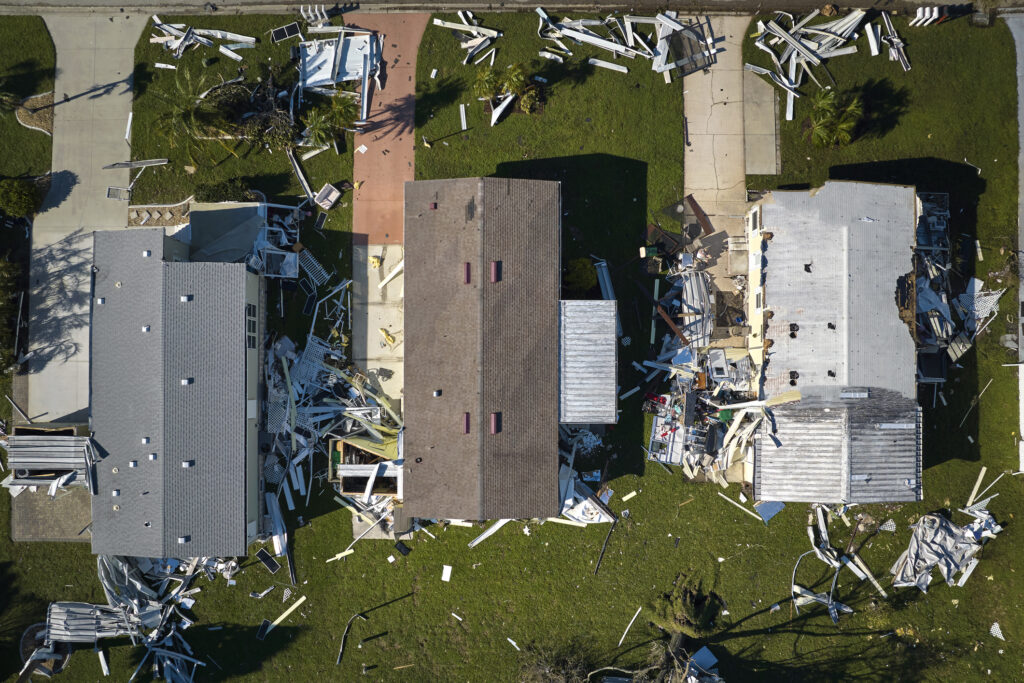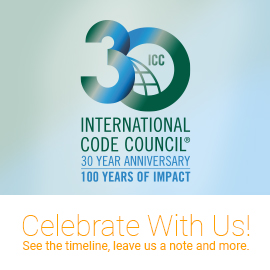
FEMA Releases 2023 National Preparedness Report
2023 National Preparedness Report provides an overview of the current state of national preparedness for all levels of government and identifies strengths and areas for improvement.
The Federal Emergency Management Agency (FEMA) recently released its annual 2023 National Preparedness Report (NPR) which provides an overview of the current state of national preparedness for all levels of government and identifies strengths and areas for improvement.
This year’s NPR focuses on the four core trends to provide a clearer understanding of risks and capabilities. These capabilities are based on data trends from the 2022 National Household Survey on Disaster Preparedness, Threat and Hazard Identification and Risk Assessment, the Stakeholder Preparedness Review and the National Stakeholder Preparedness Review.
The four core capabilities include:
- Fire Management and Suppression
- Logistics and Supply Chain Management
- Public Health, Healthcare and Emergency Medical Services
- Long-Term Vulnerability Reduction
Discussions within these focus capabilities demonstrate how interconnected systems can lead to cascading effects during disasters.
By leading discussions on these trends, the NPR provides concrete recommendations to those who have been challenged by them to increase resilience and preparedness across the nation.
National Preparedness Report Findings
According to the NPR, 60 climate-related disasters caused 1,460 fatalities and 2,939 injuries from January 2020 to December 2022. Furthermore, these disasters cost at least $1 billion each, a significant increase in costly climate-related disasters from decades prior.

The NPR shares how the inconsistent use of building codes significantly increases the risk and expenses associated with natural hazards. In the National Institute of Building Science’s landmark study Natural Hazard Mitigation Saves, it was found that adopting modern codes, like the International Code Council’s International Building Code® and International Residential Code®, provides $11 in mitigation savings for every $1 invested.
This finding was later affirmed by FEMA’s Building Codes Save: A Nationwide Study, stating that, “…adopting building codes is the single most effective thing we can do! One change in building codes can save lives and protect property for generations to come.”
SEE RELATED: New FEMA study projects implementing I-Codes could save $600 billion by 2060
However, the federal government lacks the authority to enforce these codes unless tied to incentives for federal funding. Additionally, no federal agency oversees building codes nationally. Therefore, the responsibility for adopting the latest building codes falls on state, local, tribal and territorial (SLTT) governments.
This decentralization leads to a wide variation of practices concerning the adoption of model building codes, the inclusion of hazard-resistant measures in these codes, the process for enforcing and administering the codes, as well as the funding allocated for outreach and support.
Other key findings that were shown to impact emergency management include high community-level risk and ongoing individual and household preparedness gaps.
International Code Council Support in Improving Preparedness
Recognizing that risks and capabilities are interconnected and essential for decision-making in emergency management, collaboration among all levels of government is crucial to enhance disaster preparedness and resilience.
Key recommendations provided by the NPR to help address these issues include:
- Target investments towards core capabilities and mission areas
- Reduce all-hazards challenges through targeted actions and increased coordination
- Address national gaps to prepare for catastrophic disasters
The Code Council stands ready to help assist communities who are looking to become better prepared in the face of disasters.

By utilizing federal grant opportunities, communities across the nation could improve their building safety, resilience and sustainability through code adoption and implementation. The Code Council, working with other leading solution providers, can help identify eligible activities and work with jurisdictions to develop their federal grant applications.
Learn more about how to access Code Council support here.
Read FEMA’s 2023 NPR here.





